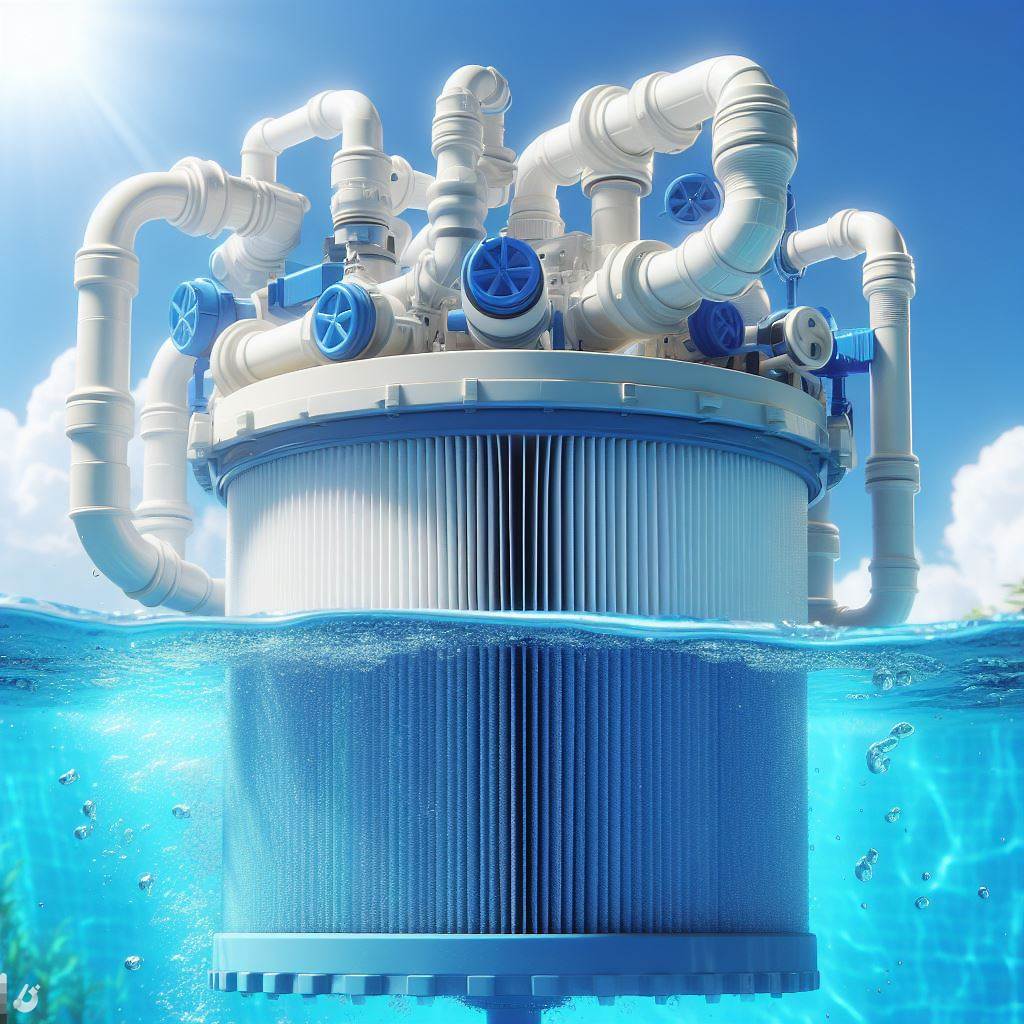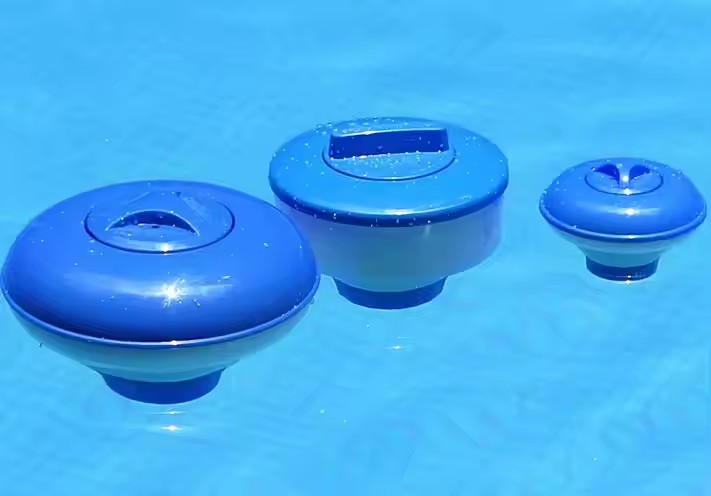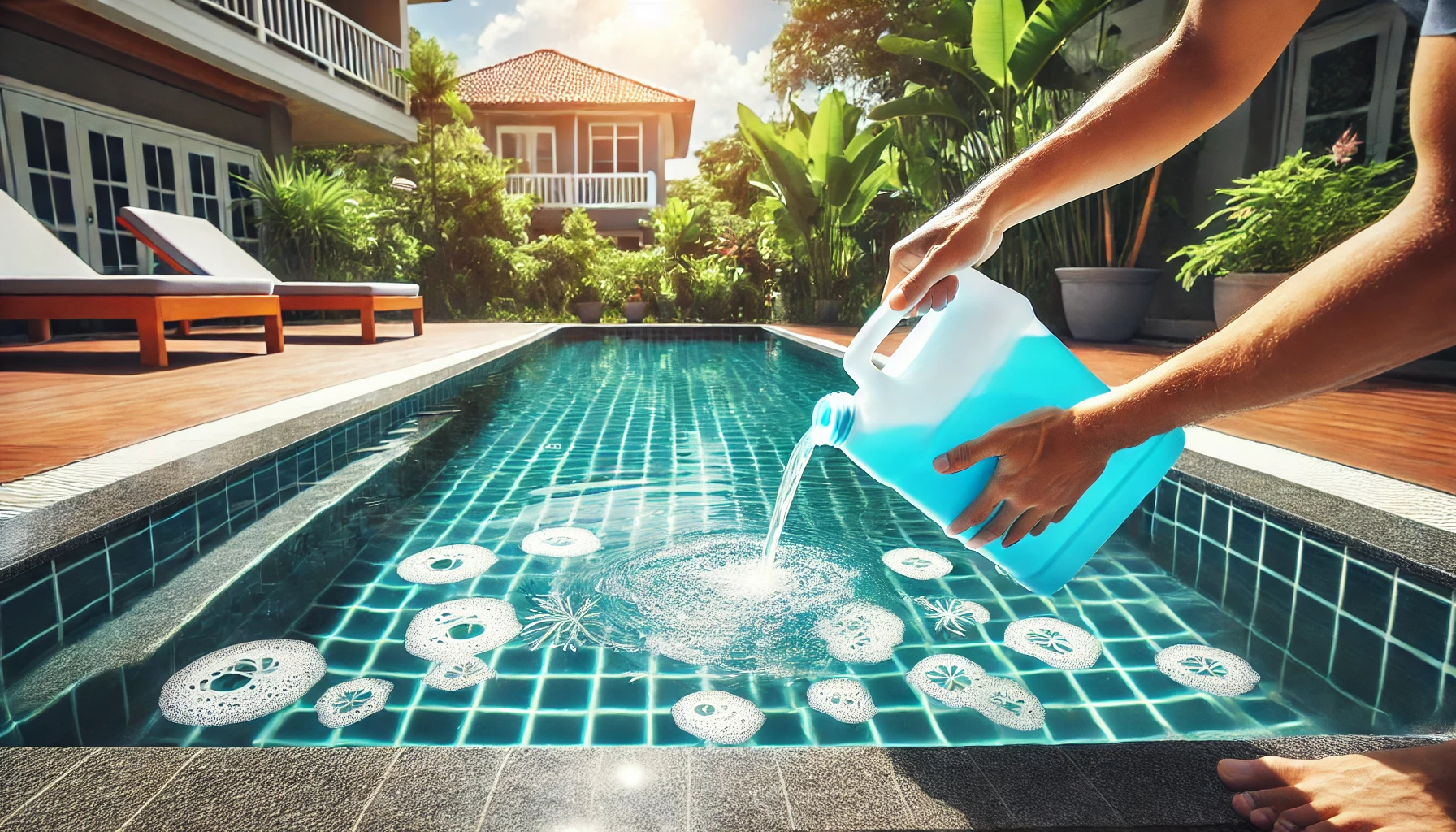Swimming pools serve as refreshing retreats, providing relaxation and recreation for countless individuals worldwide. Maintaining pristine water quality is paramount for ensuring a safe and enjoyable swimming experience. In this regard, pool sand filters play a crucial role in eliminating impurities and maintaining water clarity. This article explores the significance of high water quality demands on pool sand filters, elucidating their essential requirements and contributions to maintaining optimal pool conditions.
Understanding Pool Sand Filters
Pool sand filters are integral components of pool filtration systems designed to remove debris, contaminants, and particulate matter from pool water. These filters typically consist of a tank filled with specially graded sand through which water passes, trapping impurities and allowing clean water to return to the pool. The filtration process involves the removal of both visible debris and microscopic particles, ensuring crystal-clear water suitable for swimming.
Importance of High Water Quality in Pools
High water quality is imperative for various reasons, including ensuring swimmer safety, preserving pool equipment longevity, and enhancing aesthetic appeal. Contaminants such as bacteria, algae, and organic matter not only compromise water clarity but also pose health risks to swimmers. Moreover, maintaining optimal water quality prevents corrosion and damage to pool components, extending their lifespan and minimizing maintenance costs. Additionally, clear, inviting water enhances the overall ambiance of the pool environment, contributing to a positive swimming experience.
Demands on Pool Sand Filters for High Water Quality
a. Filtration Efficiency: High water quality demands necessitate pool sand filters with exceptional filtration efficiency. These filters must effectively capture particles of various sizes, including fine debris and microscopic contaminants, to ensure pristine water clarity.
b. Flow Rate: Adequate flow rate is critical to maintaining optimal filtration performance. Pool sand filters should facilitate sufficient water flow to ensure thorough filtration without compromising efficiency.
c. Durability and Longevity: Given the continuous operation and exposure to pool chemicals, pool sand filters must be durable and corrosion-resistant. High-quality construction materials and robust design are essential to withstand the demanding pool environment and ensure long-term reliability.
d. Ease of Maintenance: Simplified maintenance procedures are vital for ensuring consistent filtration performance. Pool sand filters should be designed for easy cleaning and backwashing, facilitating routine maintenance and prolonging filter lifespan.
e. Compatibility with Pool Size and Usage: Pool sand filters must be appropriately sized and configured to accommodate the specific requirements of the pool, including size, usage frequency, and bather load. Proper sizing ensures optimal filtration performance and energy efficiency.

Advancements in Pool Sand Filter Technology
In response to evolving water quality demands, advancements in pool sand filter technology continue to enhance filtration efficiency, durability, and user-friendliness. Innovations such as multi-layer filtration media, variable-speed pumps, and advanced backwashing systems contribute to superior filtration performance and operational convenience. These technological advancements empower pool owners to maintain pristine water quality with minimal effort and energy consumption.
Conclusion
In conclusion, the importance of high water quality in swimming pools cannot be overstated, and pool sand filters play a pivotal role in achieving this objective. The demands placed on pool sand filters for maintaining optimal water quality encompass filtration efficiency, flow rate, durability, ease of maintenance, and compatibility with pool size and usage. As technological advancements continue to drive improvements in pool sand filter technology, ensuring crystal-clear water and a safe, enjoyable swimming experience becomes more achievable than ever before.
By addressing these demands and embracing technological advancements, pool owners can effectively meet the high water quality requirements of modern swimming pools, ensuring a refreshing and inviting aquatic environment for all swimmers to enjoy.


